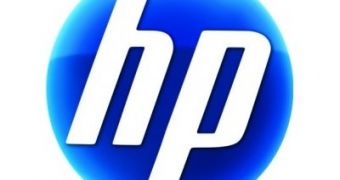The main reason HP's previous CEO, Leo Apotheker, got sacked in late 2011 was his decision to pull HP out of the PC market. A new CEO was chosen, but the spin-off might very well happen anyway.
Recently, HP has mostly been bemoaning the mistake of buying Autonomy. There is a whole lawsuit going on because of alleged accounting fraud.
Buying Autonomy was just one so-called mistake that Mag Whitman's predecessor made though.
Announcing the withdrawal from the PC market was the largest, and caused HP's stock to fall greatly before Whitman reversed the decision.
Now, though, there is enough cause to believe the spin-off of the PC business will happen regardless.
In a recent statement as part of HP's form 10K, the company said it was seriously considering the idea of shutting down or selling businesses that didn't make enough profit. The PC division isn't in trouble just yet, but it might be.
“We also continue to evaluate the potential disposition of assets and businesses that may no longer help us meet our objectives. When we decide to sell assets or a business, we may encounter difficulty in finding buyers or alternative exit strategies on acceptable terms in a timely manner, which could delay the achievement of our strategic objectives,” a statement by HP’s in its form 10K reads.
Basically, HP thinks it might be a good idea to evaluate its options now, before enough time passes and it can't strike good deals anymore.
The company seems to be open to disposing of divisions at less than the “fair” price, believing that the short-term loss is more acceptable than the long-term risks.
That said, even after surrendering certain businesses, HP may continue to be involved in their existence, at least for a time.
“We may also dispose of a business at a price or on terms that are less desirable than we had anticipated,” said HP.
“Dispositions may also involve continued financial involvement in the divested business, such as through continuing equity ownership, guarantees, indemnities or other financial obligations. Under these arrangements, performance by the divested businesses or other conditions outside of our control could affect our future financial results.”

 14 DAY TRIAL //
14 DAY TRIAL //